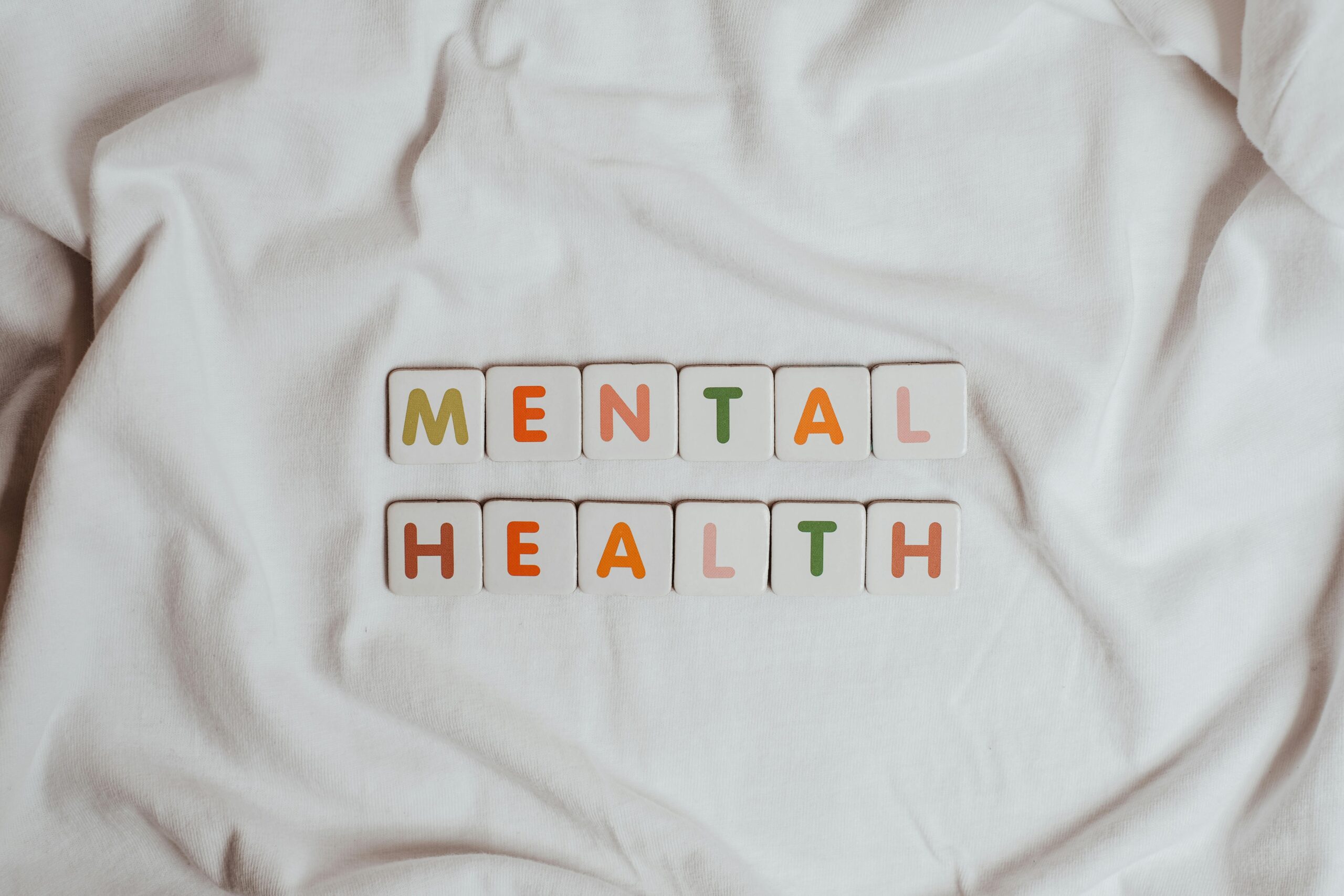War is a devastating event for everyone, whether it is returning soldiers or civilians. Everyone knows and mourns the physical impacts; collapsed buildings, malnourished people and lost lives. Yet there’s the psychological effect that not many seem to discuss: how did individuals cope post-war and what mental toll did the conflict take upon them?
Modern soldiers have better treatment than they used to. After WWII soldiers would be treated with rest, talk therapy, drug therapies, utilizing electrotherapy, hypnosis, and narcotherapy. Some of these treatments are like the treatment people would get today, such as talk therapy and rest.
Post-traumatic Stress Disorder (PTSD) sometimes referred to as “shell shock syndrome” is a mental health condition that may develop after someone experienced or witnessed something traumatic. According to the website National World War II Museum of New Orleans around 10% of soldiers may have had PTSD but many WWII veterans didn’t seek help, were misdiagnosed or worse undiagnosed which alters the actual number of soldiers returning from WWII that had PTSD.
Some later studies showed that 45% of Australian veterans that participated at a psychiatric outpatient clinic still had active PTSD 45 years after the war, which highlighted long-term effects. It’s difficult to compare PTSD rates between WWII soldiers and current soldiers but PTSD is more prevalent among soldiers in contemporary conflicts. Because of more research and knowledge about PTSD it means it is easier to spot, diagnose and treat current soldiers than past soldiers. The British Legion explains that some new treatment soldiers get are Cognitive Behavioural Therapy, eye movement desensitization and reprocessing, medicine, combined approaches, access to care and emerging therapies.
We must also not forget the impact on civilians. Though they were not actively fighting, many still struggled with mental health issues including depression, PTSD, anxiety and alcoholism. These struggles often went undetected or undiagnosed as conditions such as PTSD were officially recognised in 1980.
When discussing the impact of war it would be impossible not to consider the circumstances that include the Holocaust. Sara Polonski Zuchowicki, a survivor of the Holocaust said, “I did not have a name anymore; just a number”. Jews as a population were massively impacted by the conflict and had no control over the erasure of their identity.
In the UK parents of evacuees also struggled with the separation and some even struggled with survivor’s guilt.
Although survivors could stop physically fighting, they could not stop the psychological fight.
By Anabia and Emilija Yr9
Boston High School
